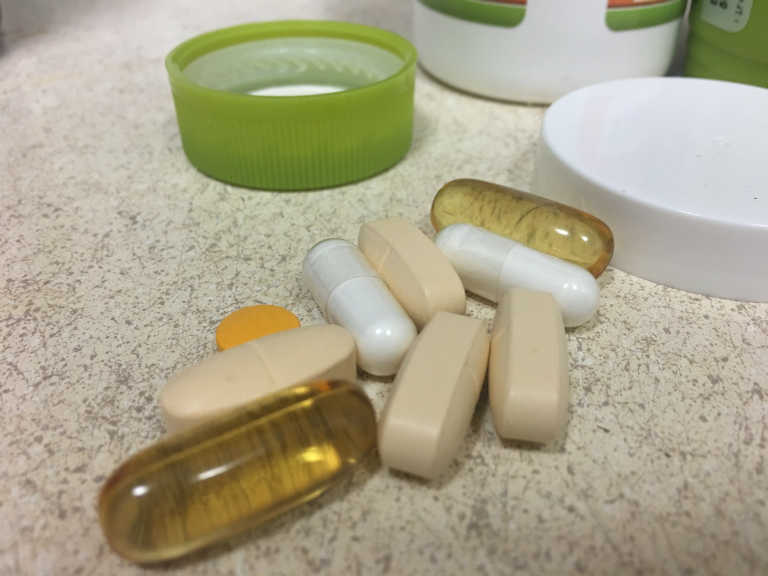Contents
Obesity is one of the major causes for a range of health issues including increased blood pressure and heart disease. With the number of obese people constantly being on the rise, there are also a lot of people who are trying to lead a healthier lifestyle. Some of the main changes that people make in hopes to improve their health is starting an exercise routine, sticking to a balanced diet and taking supplements. Out of all dietary supplements on the market, multivitamins are definitely the most popular option.

Do Multivitamins Work?
If you are spending money on this type of supplements, you probably want to know if they’re effective. For that very reason, choosing the best multivitamins for you is important for you to reap their benefits. Taking one multivitamin a day can significantly reduce your levels of anxiety and stress. The body uses vitamin B to convert food into energy and keep the nervous system working properly. Also, taking multivitamin tablets can help increase energy levels, improve mood, improved short-term memory and maintain muscle strength.
Should I Take a Multivitamin Everyday?
Taking multivitamin tablets daily is a great way to ensure your body receives all the needed nutrients, especially if your diet has nutritional gaps. If you’re wondering what’s in multivitamins that makes them such a sought-after supplement, you’ll be happy to learn that some of their most important ingredients include vitamin D, magnesium, calcium, zinc, iron, folate and vitamin B-12.
There is a wide range of multivitamins on the market but not all of them are made equal. In order to reap the benefits they offer, there are a few things to consider.

Superior ingredients
You want the multivitamin you buy to contain the right nutrients, ones that are therapeutic, bioavailable and safe for your body. For example, there is a huge difference between vitamin D2 and D3, as well as between vitamins K1, K2 and K3, vitamin A and beta carotene and many others. Some are whole-food based while others are synthetic. Also, some are safer and effective than others. For example, if you need vitamin D then you should look for vitamin D3. This is the same natural vitamin D your body makes when exposed to sun, while vitamin D2 is synthetic and less effective.
Effective doses
RDAs or Recommended Dietary Allowances are defined as the level of nutrients needed to prevent a deficiency. But, for an additional therapeutic benefit, you will probably need to take much higher doses than the recommended ones. The most effective doses can vary between individuals and nutrients. For example, your need for a certain nutrient may go down or up, depending on your health status, age and other factors like physical activity, pregnancy, illness, etc. When looking to buy multivitamin, look for a reliable manufacturer that has a good reputation and provides nutrients in high-potency effective doses, not in lower prevention-of-deficiency doses.

Science-backed formulas and extensive quality testing
Manufacturers that produce dietary supplements don’t have to prove their product’s safety or effectiveness before they launch them on the market. Although in Australia supplements are regulated as medicines under the Therapeutic Goods Act from 1989, there are generally less strict rules than those for over-the-counter or prescription drugs. This one of the reasons why it is so important to get your supplements for trustworthy and reliable sources.
When looking to buy supplements, there may be some other additional factors to consider depending on your gender, age, etc. For example, postmenopausal women need extra vitamin D and calcium to support their bones’ health, while women of childbearing age who want to get pregnant need extra folic acid to prevent birth defects. People over the age of 50 and vegans need extra vitamin B12 which is found in animal foods. Adult men and postmenopausal women should look for multivitamins that don’t contain iron. Last but not least, if you are a smoker, avoid products with great amounts of vitamin A or beta-carotene as they are linked to an increased risk of lung cancer.

